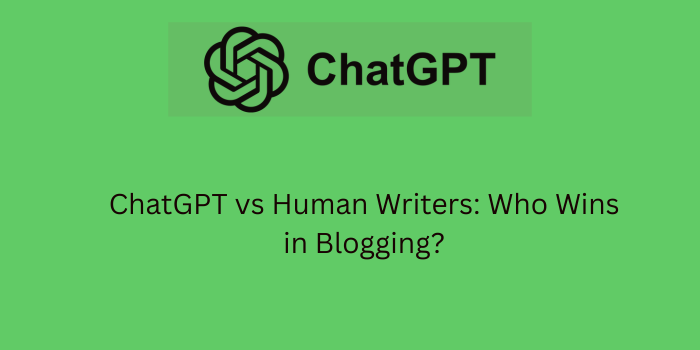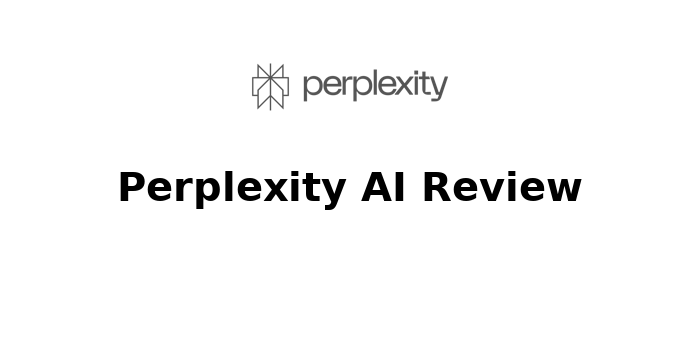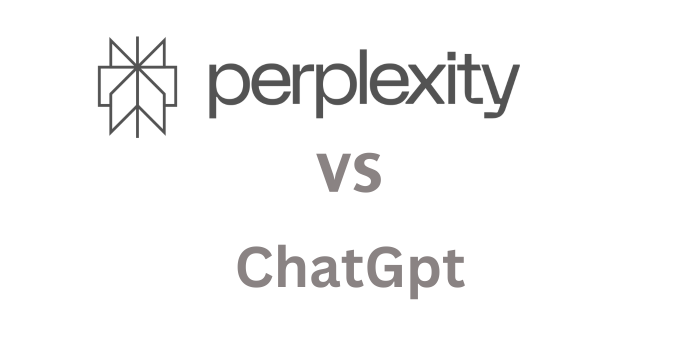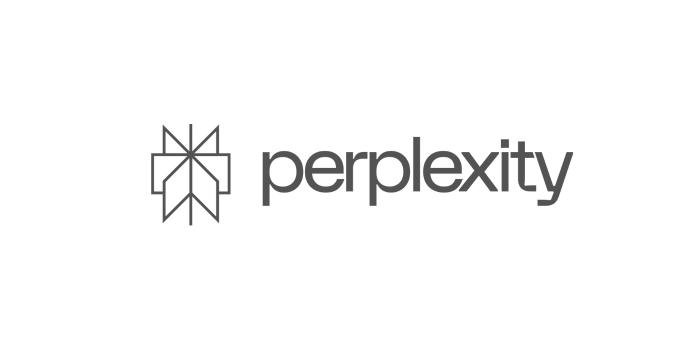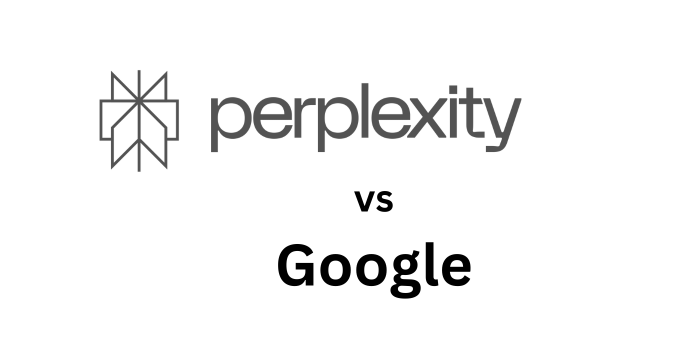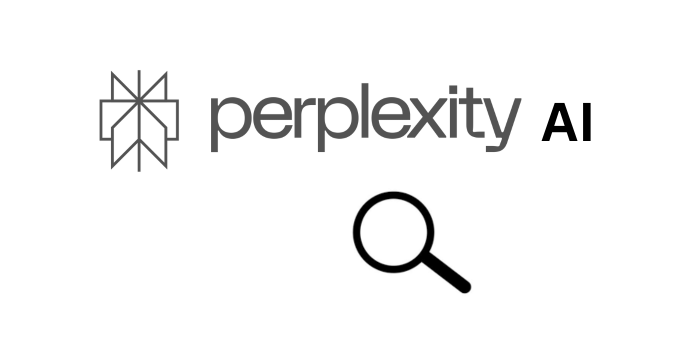In the rapidly evolving world of digital content creation, one major debate stands out: ChatGPT vs human writers. With the rise of AI tools like ChatGPT, businesses and bloggers are asking a critical question — can AI really replace human creativity in blogging?
This blog post explores the strengths and weaknesses of both AI and human writers, how they perform in SEO, content quality, creativity, and more. Whether you’re a digital marketer, a content creator, or a business owner, this guide will help you make informed decisions about your content strategy.
What is ChatGPT?
ChatGPT is an advanced language model developed by OpenAI. It uses machine learning and natural language processing (NLP) to generate human-like content. ChatGPT can write articles, answer questions, and even brainstorm ideas based on prompts provided by users.
Its popularity in blogging and content marketing has grown because of its speed, affordability, and scalability. But how does it stack up against human writers?
Strengths of ChatGPT in Blogging
ChatGPT has rapidly become a go-to content tool for bloggers and marketers due to its ability to generate blog posts quickly and efficiently. With minimal input, it can produce readable, structured, and SEO-friendly articles — making it an ideal solution for scaling content production without sacrificing consistency.
- Speed: ChatGPT can produce long-form blog posts in minutes.
- Cost-Effective: Compared to hiring professional writers, using ChatGPT is often more affordable.
- Consistency: It can maintain a consistent tone and style across many articles.
- 24/7 Availability: ChatGPT doesn’t take breaks, vacations, or need sleep.
- SEO Optimization: When guided correctly, ChatGPT can incorporate keywords and follow SEO best practices efficiently.
Limitations of ChatGPT
While ChatGPT is powerful, it’s not without its drawbacks. Understanding these limitations is crucial before fully relying on AI-generated content for your blog or business. AI can assist with content creation, but it still requires human oversight to ensure relevance, accuracy, and originality.
- Lacks Human Emotion: While it can mimic tone, it doesn’t truly understand emotions.
- Factual Inaccuracy: Without up-to-date or verified sources, it may produce outdated or incorrect information.
- No Real-Life Experience: ChatGPT hasn’t lived — it can’t draw from personal experiences or anecdotes unless prompted.
- Needs Supervision: The content often requires human editing to ensure quality and factual correctness.
Strengths of Human Writers
Human writers bring a unique blend of creativity, emotion, and life experience to the table. Their ability to craft engaging stories, connect with readers on a deeper level, and interpret complex topics with nuance gives them a distinct edge in many forms of blogging.
- Creativity: Human writers bring original ideas, storytelling, and emotional depth.
- Experience: They can write from real-world experiences, adding authenticity.
- Critical Thinking: Humans can analyze, compare, and interpret information in a way AI cannot fully replicate.
- Adaptability: Writers can shift tone, style, and structure depending on the audience and purpose.
Weaknesses of Human Writers
While human writers offer unmatched creativity and authenticity, they also come with certain drawbacks that can impact productivity and scalability in a fast-paced digital environment.
- Slower Turnaround: Quality writing takes time — often days or weeks.
- Higher Cost: Professional writing services can be expensive, especially for bulk content.
- Inconsistency: Writers may vary in tone, grammar, and accuracy depending on skill level.
ChatGPT vs Human Writers: SEO Comparison
When it comes to SEO blogging, both ChatGPT and human writers have strengths:
ChatGPT for SEO
- Quickly generates keyword-rich content
- Adheres to SEO structure like headings, meta tags, and internal linking (when prompted)
- Great for updating old blog posts or creating drafts
Human Writers for SEO
- More likely to integrate keywords naturally
- Can craft compelling meta descriptions and titles with click appeal
- Better at creating long-term, evergreen content that builds authority
Use Cases: When to Use ChatGPT vs Human Writers
Choosing between ChatGPT and human writers doesn’t have to be an either-or decision. Each excels in different scenarios. By understanding the unique strengths of both, you can align your content strategy with your goals — whether that’s publishing speed, content depth, SEO performance, or emotional connection with your readers.
When ChatGPT is Best:
- Creating large volumes of blog content quickly
- Generating outlines or content ideas
- Optimizing old blog posts for SEO
- Producing product descriptions or FAQs
When Human Writers are Best:
- Developing brand storytelling or thought leadership articles
- Writing emotional, persuasive content
- Conducting original research or interviews
- When quality and uniqueness are critical
Combining ChatGPT and Human Writers
The real power lies in combining AI and human creativity. Many successful content teams now use ChatGPT to generate first drafts or outlines, while human writers polish the content, add personal insights, and ensure originality.
This hybrid model increases efficiency, maintains quality, and reduces costs — offering the best of both worlds.
Plagiarism and Originality Concerns
One challenge with AI-generated content is its potential for unintentional plagiarism. While ChatGPT doesn’t copy content directly, it may produce phrases that resemble others online. Using plagiarism checkers and human editors is essential.
Human writers, on the other hand, are more likely to produce unique content, especially when drawing from personal experience or specialized knowledge.
What Google Thinks About AI Content
According to Google’s guidelines, quality content matters more than who or what writes it. AI-written content is not penalized if it’s helpful, original, and meets search intent. However, poor-quality or spammy AI content can harm rankings.
Human editing and oversight help ensure AI content meets Google’s E-E-A-T (Experience, Expertise, Authoritativeness, Trustworthiness) standards.
Final Verdict: Who Wins in Blogging?
So, who wins in the battle of ChatGPT vs human writers? The answer depends on your goals:
- Need speed and volume? ChatGPT wins.
- Want unique, emotionally engaging content? Go human.
- Want the best results? Combine both.
AI is a powerful tool, but it’s not a replacement for human insight. The most effective content strategies blend the speed of AI with the heart of human creativity.
Conclusion
As AI continues to evolve, the lines between machine-written and human-written content will blur. But one thing remains certain — quality content that connects with readers is key. Whether you use ChatGPT, a human writer, or both, focus on delivering value, staying authentic, and meeting your audience’s needs.
Have you tried blogging with ChatGPT or working with human writers? Share your experience in the comments!
